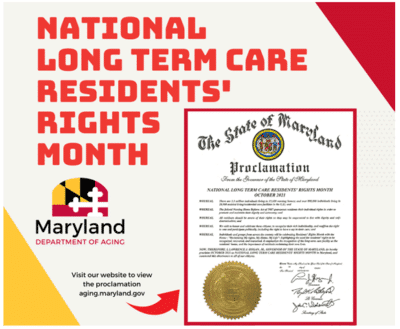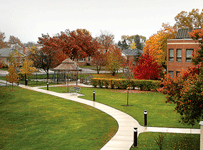
Respite care is a temporary stay at a nursing home or care facility where the beneficiary receives the same level of care as a permanent resident. In addition to personal care and hotel-style services, respite care beneficiaries also receive personal care. The respite subsidy and the beneficiary's needs will affect the approval of the level of care. These facilities can provide low-level as well as high-level services. After completing a form, the beneficiary is placed at the appropriate level.
Housing respite services are funded by the Government
Government funding residential respite care has many benefits. You may be able to offer your loved one additional support and stimulation in order for them to live a full life. Respite care fees can vary depending on your requirements. The fees can be broken down into two parts: the accommodation component and the care component. In some cases, temporary respite may be required. If this is the case, you will only be eligible for the first portion of the subsidised program. However, you have the option to apply for additional day(s) at any time.

Some states offer several programs to help cover respite. For example, the NFCSP gives preference to seniors with low incomes. Most AAAs decide eligibility based upon income and assets. For federal grant eligibility, income must not exceed 200% below the federal poverty level (FPL). The projected income limit in 2018 for a single adult is $24,280. A married couple can make $32,920. Individuals from Alaska and Hawaii are subject to higher income limits.
Different types of respite care
There are many types of residential respite. The first type, known as out-of–home respite offers care outside of the loved ones' home. Adult day care providers often provide activities and some form physical activity to clients. The staff can also help with daily activities, such as taking medication. Also, you can get respite care at home. But before deciding which type of residential care to choose, you should consider the needs of your loved one.
Taking a break from your loved one can help you keep your own health and prevent burnout. Respite Care isn’t something that should be considered a luxury. It can be used for a few days or a few weeks. However, respite care may be a better option if the need is for a longer amount of time. These programs offer a great alternative for those who are stressed and need a break.
In-home respite care
Respite care is not an option for all elderly and disabled people. However, home care services offer a great way to fill that void. Whether a patient needs light housekeeping, companionship, or even a few hours of respite from their caregiver, in-home care services are a great option. They generally charge an hourly fee and can be booked depending on the patient's availability.

In-home respite care has many benefits. It gives caregivers a break and allows them to concentrate on their own goals or other duties. Respite care in-home provides caregivers with a fresh set of eyes. Family members don't often know everything and accept their role without formal training. A fresh perspective is valuable. You can also get professional help with caregiver tasks.